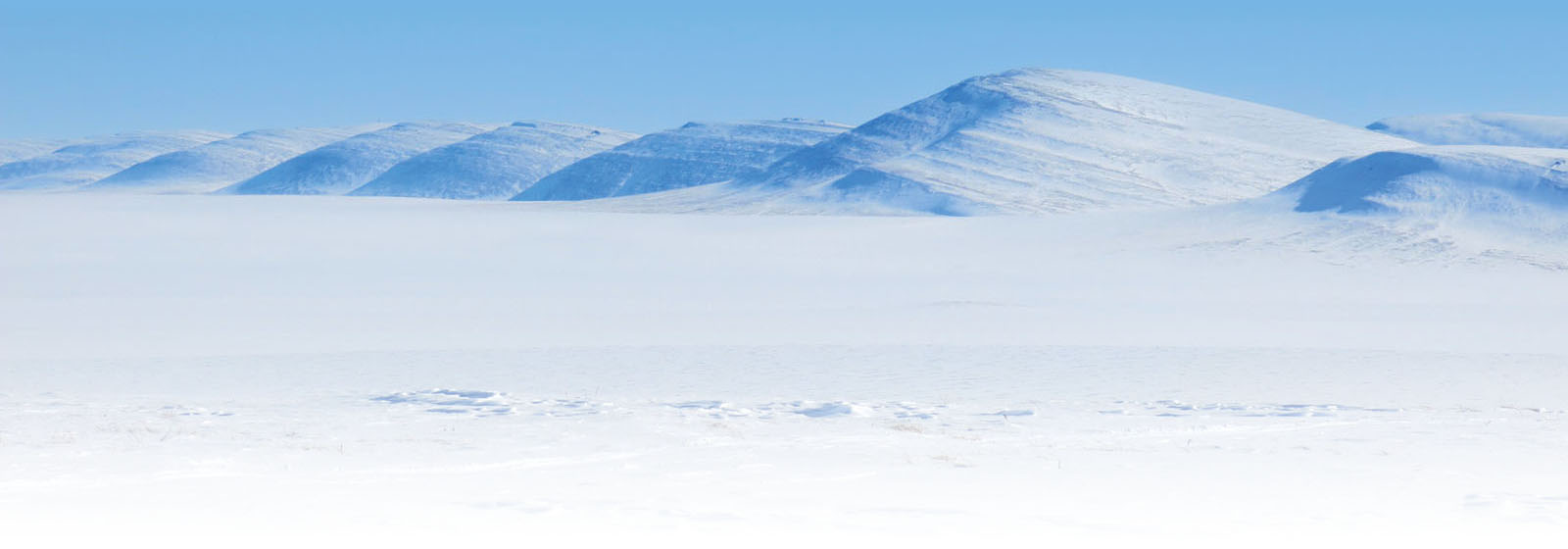Workshops Focus on Arctic Changes

Photo courtesy of Ned Rozell
Nebraska researchers led workshops in Alaska and Nebraska to develop a highly interdisciplinary approach for enhancing Arctic resilience.
Supported by a new collaboration-intensive National Science Foundation program, the 2018 sessions united scientists, practitioners and stakeholders from the Arctic and mid-latitude locations like Nebraska. Participants devised strategies for managing rapid change in the Arctic, which is driven by climate change, ocean acidification and ozone depletion.
Arctic resilience is vital for that region’s 4 million residents and has global implications, including the stability of mid-latitude food production.
“What happens in the Arctic doesn’t stay in the Arctic,” said workshop co-chair Martha Shulski, director of the Nebraska State Climate Office and associate professor in the School of Natural Resources. “For example, we know that warming in the North influences weather patterns here in Nebraska, affecting our crops.”
At the first workshop in Fairbanks, Alaska, participants developed a foundation for exploring the Arctic’s future. At the second, funded by the Office of Research and Economic Development, attendees gathered in Lincoln to examine tools for understanding Arctic resilience across the latitudes. At the third, in Anchorage, Alaska, participants merged the first two threads.
The workshops positioned attendees to launch high-impact research, influence policymaking and obtain external funding.
The project was among the initial 23 awards from NSF’s Growing Convergence Research program, designed to merge knowledge from disparate areas to solve major challenges. Nebraska’s team includes project leader Craig Allen, director of the Nebraska Cooperative Fish and Wildlife Research Unit, and Hannah Birge, adjunct professor in the School of Natural Resources.
“Nebraska is an ideal place to do this research because of the capacity we have to understand climate change, our expertise in resilience and our experience in engaging with users of information and decision-makers.”
+ Additional content for Workshops Focus on Arctic Changes
Husker scientists aim to boost Arctic's resilience